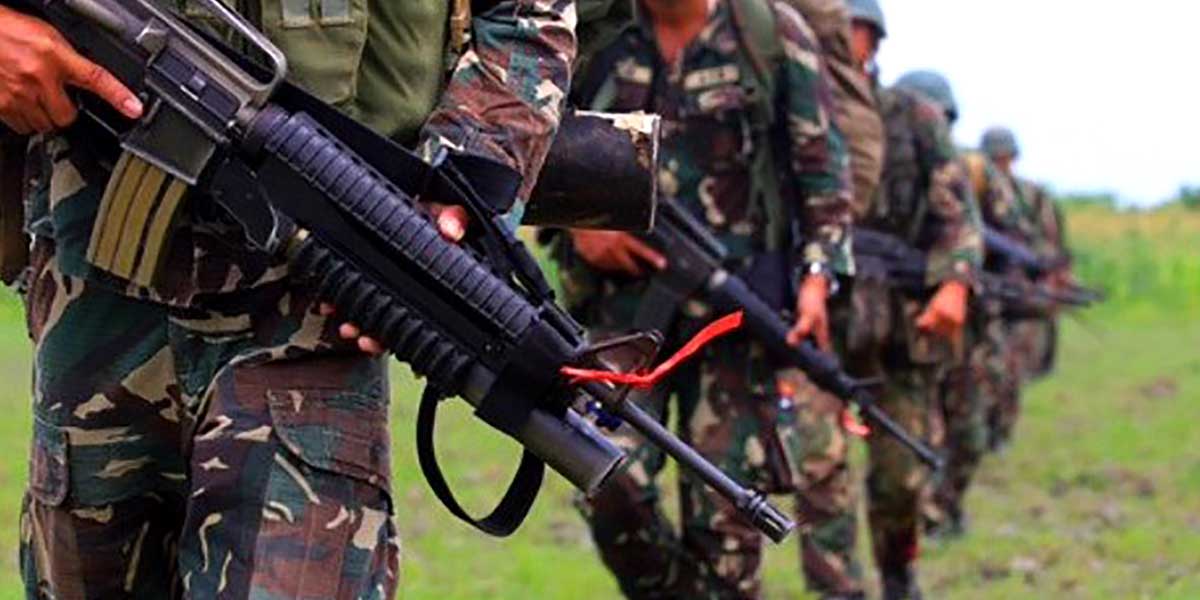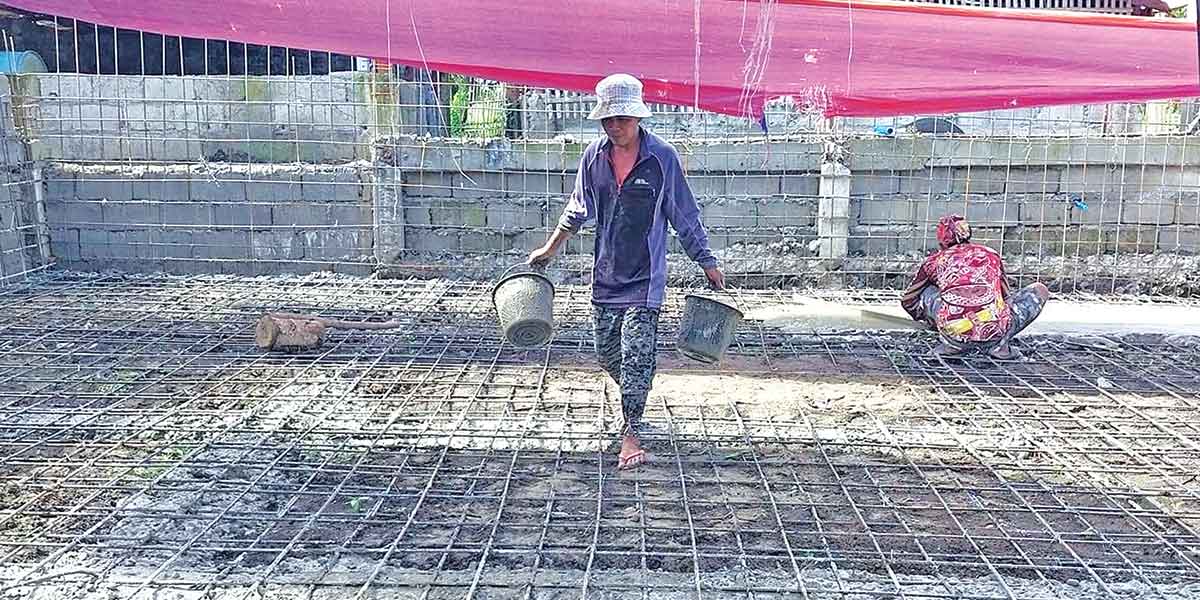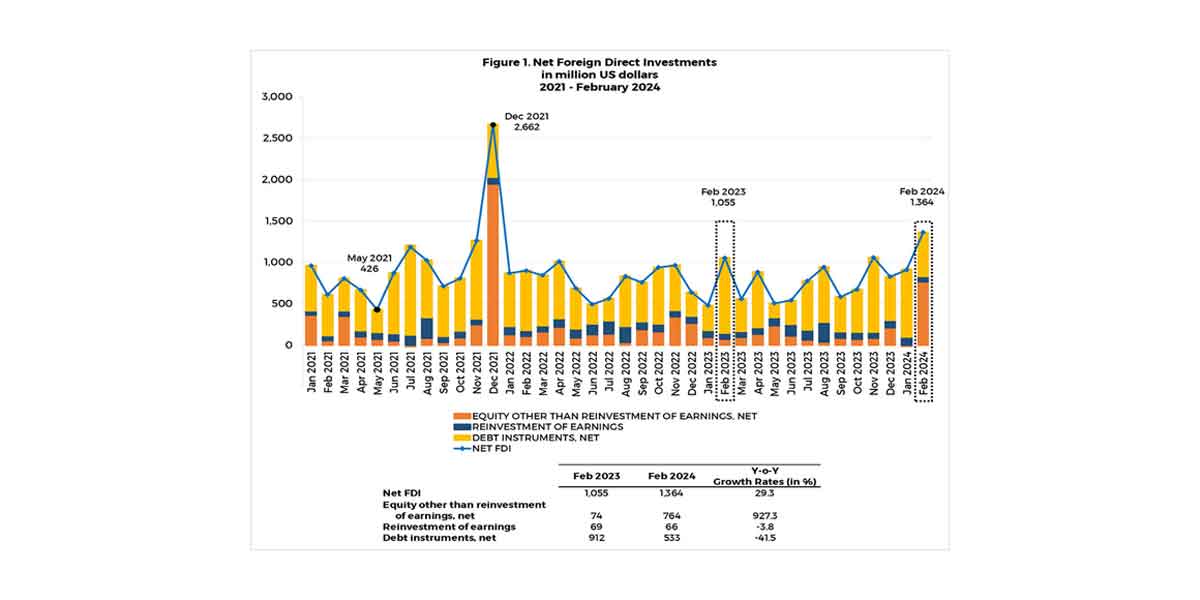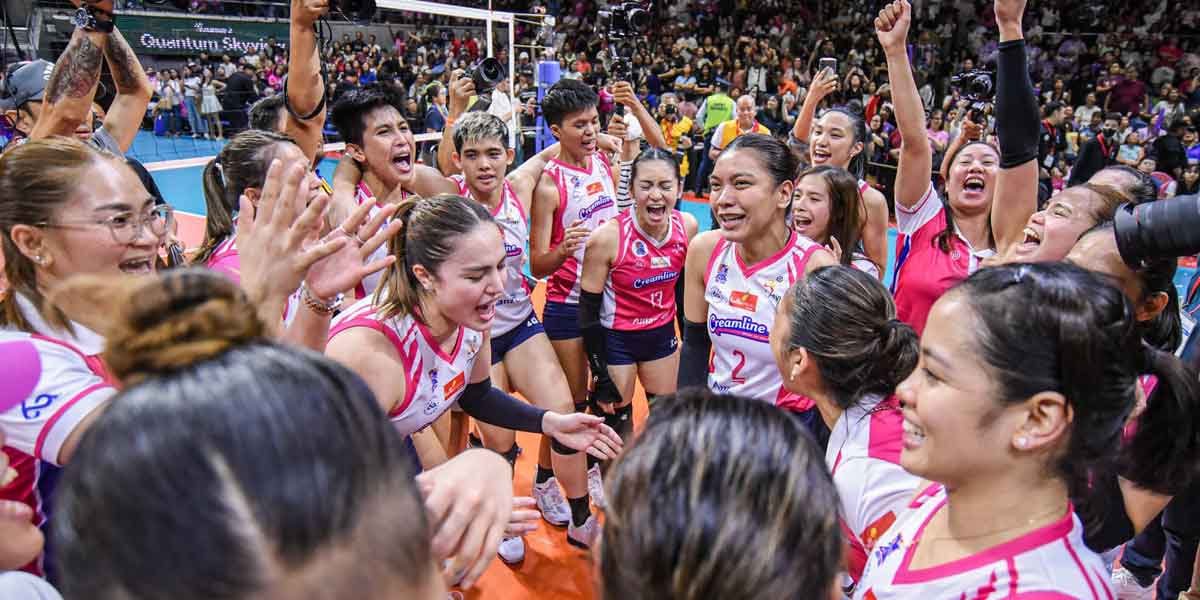
By Emme Rose Santiagudo
The Commission on Elections (Comelec) conducted a voting simulation for 200 persons with disabilities (PWDs) Thursday to hear and address the concerns they face when casting their ballots.
According to Comelec-6 regional director Dennis Ausan, the activity is part of their thrust to promote PWD welfare through voting.
“Today is a special day for our PWDs. It is part of our thrust to promote PWDs and so we scheduled a voting exclusively for them,” he said in an interview Tuesday.
Ausan said they invited 100 PWDs from the city and another 100 PWDs from the province to participate in the one-day voting simulation at the Central Philippine University (CPU).
After the voting simulation, he said they will meet with the associations of PWDs in the city and province of Iloilo to hear out their concerns and issues.
“We are talking to the organizations and we will ask for their comments and suggestions, and recommendations kon paano pa gid naton mapa-enhance ila voting experience,” he said.
Comelec Commissioner Al Parreño said their office is currently looking for ways to improve the mechanics, systems, and procedures of the PWDs during voting.
“Ginagawa natin ito para makita ng Commission kung ano ang improvements na dapat gawin sa mekanismo, sa sistema, sa makina, sa procedure so that we will know what we can do for them so that they can vote freely,” he said.
The accessibility of voting centers and voting precincts for PWDs remains a challenge, according to Ausan.
“Kalabanan sa aton voting centers wala ramp and it’s too difficult for our brothers and sisters who are PWDs to reach the voting centers,” he lamented.
Despite this, Ausan said Comelec has been stepping up its efforts to address the concerns of PWDs.
Last 2019, Comelec has established the emergency accessible polling place (EAPP) where the electoral board assists PWDs during voting.

















